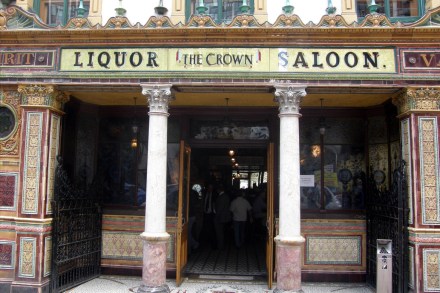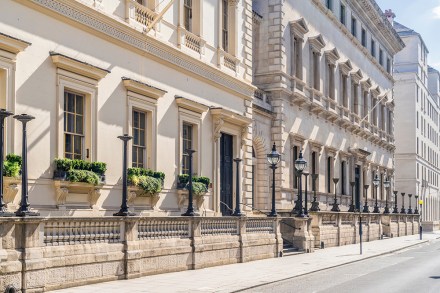Bring back the Budget tipple!
Of all Gordon Brown’s mistakes, perhaps the most sobering was his decision to end the tradition of drinking at the despatch box on Budget day. Commons convention holds that alcohol in the chamber is forbidden – with the sole exception of the chancellor when making his or her big speech. Rachel Reeves is known to like an Aperol spritz, though sadly not enough for her to restore this great custom. But we wanted to do our bit, so in protest at this abstemiousness we set ourselves a challenge: try every chancellor’s drink for which records are available, all in one sitting. The tradition of the ‘Budget tipple’ seems to have




















